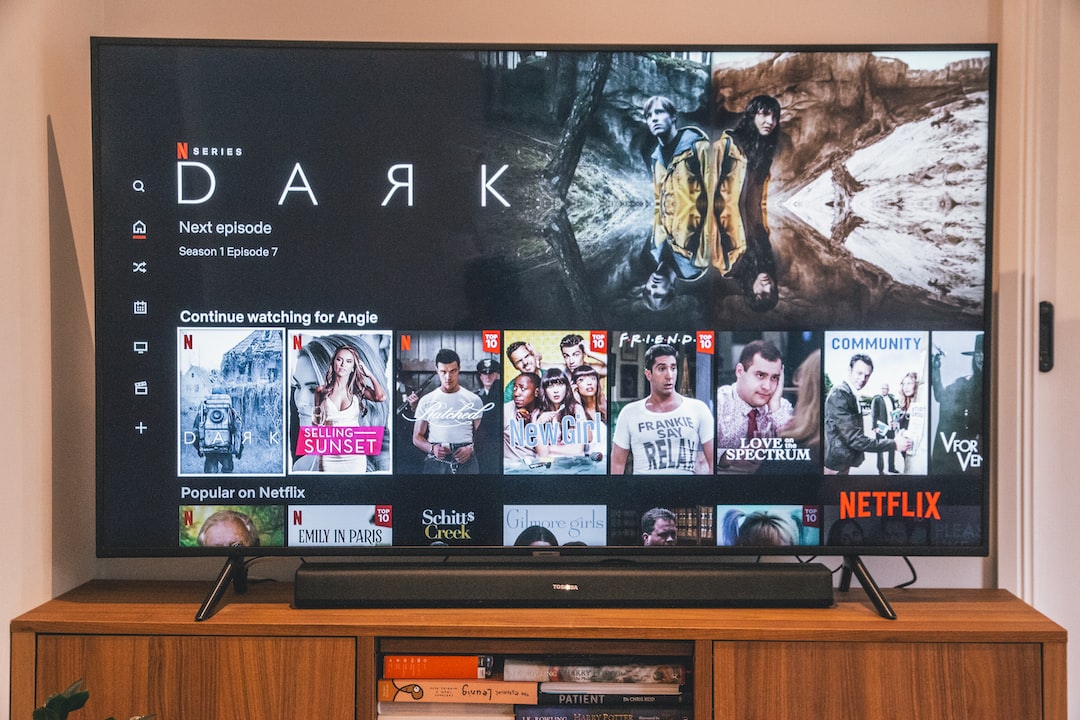Award shows have always been a highlight of the entertainment industry. They create a glitzy spectacle that celebrates talent, recognizes achievements, and ignites conversations among fans and critics alike. However, throughout their history, award shows have also been marred by controversies, snubs, surprising wins, and memorable speeches. Let’s take a journey through the controversial past of these beloved events.
One of the most significant controversies surrounding award shows revolves around the concept of snubs. Every year, deserving artists and movies are left empty-handed, causing uproar among fans and pundits. The most notable snub arguably occurred at the 1998 Academy Awards when Shakespeare in Love famously beat out Steven Spielberg’s Saving Private Ryan for Best Picture. Many believed that the war epic was far superior and deserved the accolade, leading to debates about the voting process and potential biases.
Similarly, the Grammys have faced backlash for snubbing artists across various genres. In 1989, the award for Best New Artist went to the British pop duo Milli Vanilli, only for it to be revoked when it was revealed that they didn’t sing on their own records. This incident raised doubts about the integrity of the Grammy Awards and their ability to recognize genuine talent.
Snubs often result in the surprise wins that keep viewers on edge. In 2009, Sean Penn shocked the world by winning Best Actor at the Oscars for his portrayal of Harvey Milk in Milk. Many expected the award to go to Mickey Rourke for his comeback performance in The Wrestler. Penn’s win, despite Rourke being heavily favored, left the audience in disbelief and initiated discussions about the unpredictability of award shows.
When it comes to award show controversies, speeches play a pivotal role. They can inspire, entertain, and sometimes provoke strong reactions. One of the most memorable speeches occurred at the 1973 Academy Awards when Marlon Brando won Best Actor for The Godfather. Rather than attending the ceremony, Brando sent Native American activist Sacheen Littlefeather to decline the award on his behalf and protest Hollywood’s mistreatment of Native Americans. This powerful moment sparked conversations surrounding representation and diversity in the film industry.
In recent years, the political nature of speeches has become increasingly apparent. At the 2018 Golden Globes, Oprah Winfrey delivered a rousing speech addressing issues of women’s rights, sexual harassment, and the power of speaking truth. Her words resonated with many and fueled discussions about the role celebrities play in advocating for social change.
While controversial moments are inevitable, award shows have also made strides toward inclusivity and recognition. In 2002, Halle Berry became the first African American woman to win the Best Actress Oscar for her role in Monster’s Ball. This historic win broke barriers and shed light on underrepresentation in the industry. Similarly, Moonlight’s unexpected Best Picture win at the 2017 Oscars highlighted the stories of marginalized communities, ultimately challenging the status quo and encouraging more diverse storytelling.
Despite their controversies, award shows remain an integral part of popular culture. They provide a platform for artists to shine, inspire viewers to discover new talents, and encourage thoughtful discussions about the industry’s triumphs and challenges. Snubs, surprises, and speeches continue to fuel debates, but they also remind us of the ever-evolving nature of the entertainment world.
In conclusion, the controversial history of award shows is a testament to their significance and impact. From snubs that leave audiences outraged, to surprising wins that defy expectations, and speeches that ignite social conversations, these events have consistently captivated viewers worldwide. As award shows continue to evolve, one thing is certain: controversies will always be an essential part of their legacy, shaping the industry and provoking conversations for years to come.
